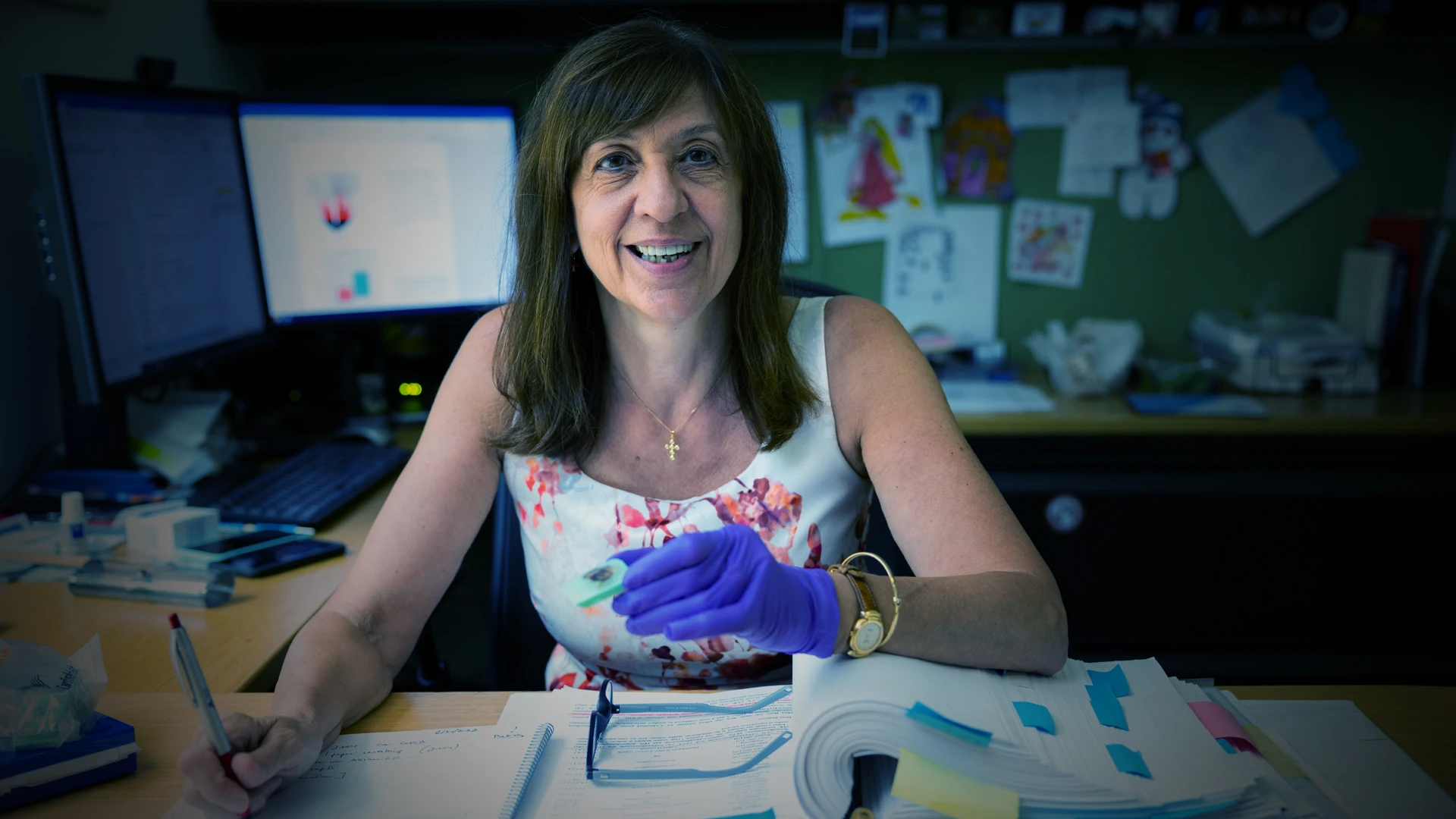For the past eight years, the World Trade Center (WTC) Health Program at Mount Sinai has been assembling powerful evidence that respiratory exposure to dust from the September 2001 attacks has contributed to disproportionately high rates of prostate cancer among responders and affected community members. In its latest study, published in Carcinogenesis in June 2022, researchers shed additional light on the nature and severity of the cellular changes associated with inhaling dust known to contain multiple carcinogens and tumor-promoting agents.
In the first study of its type, prostate cancer tissue from WTC responders was compared to that of unexposed individuals. There were statistically significant differences in DNA methylation and gene expression in tumors of WTC responders compared to the general population of males of the same group and race. The epigenetic consequences of dust exposure appear to be persistent and detectable years after the initial exposure.
“Our evidence also suggests that prostate cancers of the WTC cohort are on average more aggressive, and that responders who experienced the highest dust exposure presented with more advanced clinical stages of the disease,” says senior author Emanuela Taioli, MD, PhD, Professor of Population Health Science and Policy, and Thoracic Surgery, Icahn School of Medicine at Mount Sinai, and Director of the Institute for Translational Epidemiology, which is coordinating the WTC Health Program.

Emanuela Taioli, MD, PhD, examining prostate tissue on a slide that was collected as part of the World Trade Center Health Program at Mount Sinai.
Mount Sinai’s WTC study, over its years of monitoring, reported an added risk of prostate cancer of between 25 percent and 40 percent for responders and community members compared to the general public. There was a bell-shaped peak of cancer incidence 15 years after the WTC attack.
The twin towers’ collapse and the jets that crashed into them unleashed dust clouds that contained high volumes of soot, benzene, asbestos, silica, glass fibers, heavy metals, polychlorinated biphenyls, and dioxins. Because workers and individuals at or near the site did not always wear personal protective equipment, researchers hypothesized that inhalation and ingestion of dust might have exposed prostate cells to genotoxic substances through various longer-term mechanisms, facilitating prostate cancer progression.
Mount Sinai researchers suggested that the maintenance of a chronic inflammatory response initiated in the lungs resulted in the systemic release of protumor cytokines impacting susceptible organs. That, in turn, precipitated epigenetic events through changes in gene expression. Another theory is that the fine particle composition of WTC dust enabled it to enter the bloodstream through the lungs and travel to almost any region of the body.

While the health risks to WTC responders are coming into sharper focus with growing evidence, Dr. Taioli also sees a hopeful message from the findings. “If the most important disease pathway remains inflammation, then a rather simple therapeutic solution may be anti-inflammatory drugs,” she explains. If the dust is shown to be a promoter and not an initiator, then it would be important to closely follow individuals to see who might have early signs of prostate dysfunction, such as prostatitis or an inflammatory pattern, and target them for immediate intervention.
On an even broader scale, the epidemiologic research of Dr. Taioli’s team could have implications today for populations exposed to environmental particulates such as emissions from motor vehicles, industrial processes, power generation, and household combustion of solid fuel. “We need to continue expanding our research,” she says, “knowing that inflammation could be the common pathway driving an increase in multiple types of cancer.”
Featured

Emanuela Taioli, MD, PhD
Professor of Population Health Science and Policy, and Thoracic Surgery; Director of the Institute for Translational Epidemiology
